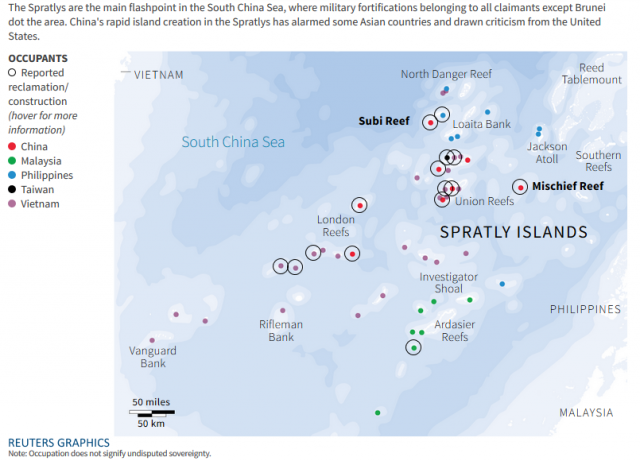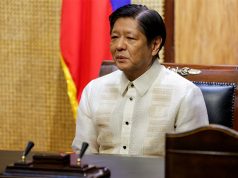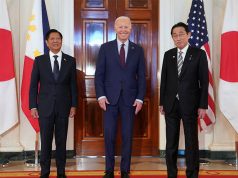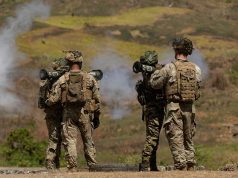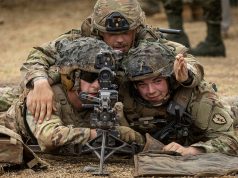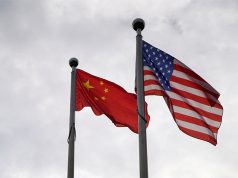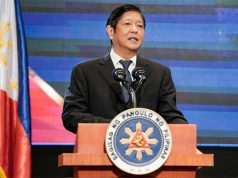MANILA, Philippines – As the 30th ASEAN Summit Meeting in Manila worked its way toward an approach to conclusion on a hot Saturday afternoon, the ambiance at the meeting hall saw Southeast Asian leaders raising “serious concerns” over “recent developments and escalation of activities” in the South China Sea.
It’s as if the traditional holding-hands family picture that is de-rigueur in each Summit is all just for show.
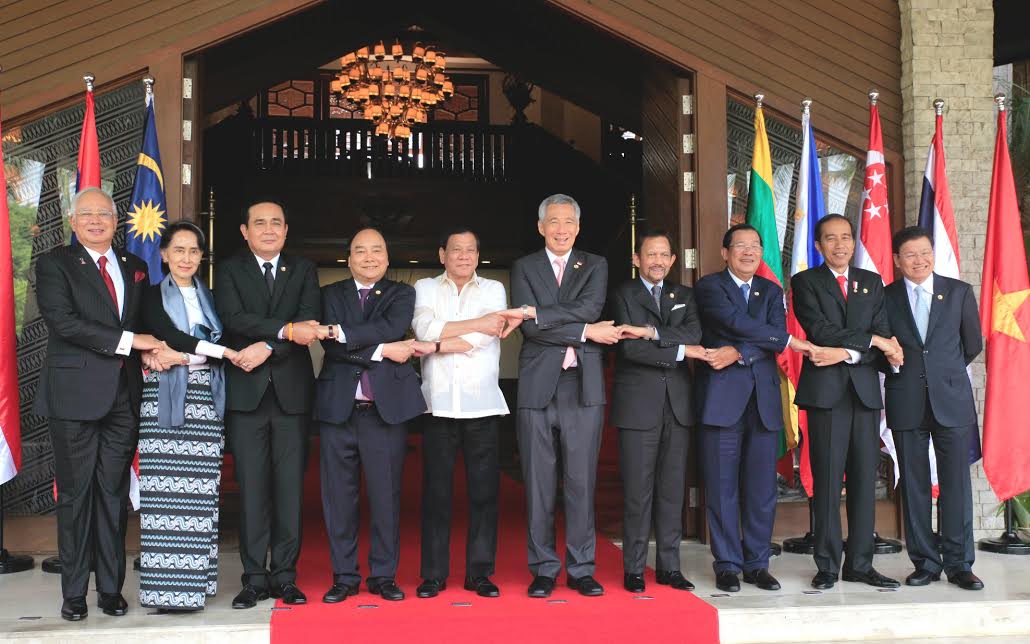
Many leaders called for restraint on the “land reclamation and militarization” activities that are seen to further complicate the situation in the strategic but highly contested area west of the Philippine archipelago and east of Vietnam.
The working draft of the Chairman’s Statement by mid-afternoon, still very much “unfinal” according to diplomatic sources, made mention of the regional strains caused by competing claims, but nonetheless pitched the importance of “maintaining peace, stability, security and freedom of navigation in and over-flight over the South China Sea.”
The Chairman’s Statement is the final document issued by the host country on behalf of the ASEAN leaders summarizing their points of agreement during the summit.
Leaders of some Southeast Asian countries have altered a statement to be issued at Saturday’s ASEAN summit to include references to militarization and island-building in the South China Sea, the latest working draft showed, in a move likely to frustrate Beijing.
Chinese embassy representatives in Manila had sought to influence the content of the communique by lobbying Philippine officials, two ASEAN diplomatic sources told Reuters.
However, four ASEAN member states disagreed with omitting “land reclamation and militarization” – terms included in the statement issued last year in Laos, but not featured in an earlier draft of this year’s statement seen on Wednesday.
China is not a member of the Association of South East Asian Nations, and is not attending the summit. China embassy officials in Manila could not be reached and China’s foreign ministry did not immediately respond to request for comment.
ASEAN references to the South China Sea issue typically do not name China. Beijing is extremely sensitive to anything it perceives as a veiled reference to its expansion of its seven manmade islands in the Spratly archipelago, including with hangers, runways, radars and missiles.
While the final version of the statement has yet to be agreed, changes so far indicate ASEAN is resisting moves by China to keep its contentious activities in the strategic waterway off ASEAN’s official agenda.
President Rodrigo Duterte, who chaired Saturday’s meeting, had previously made public his position not to rock the boat when it comes to China, which, he said, is emerging as a vital economic partner of the Philippines.
“We took note of the serious concerns expressed by some Leaders over recent developments and escalation of activities in the area, which may further raise tensions and erode trust and confidence in the region,” a passage in the draft is supposed to indicate.
“We reaffirmed the importance of enhancing mutual trust and confidence, exercising self-restraint in the conduct of activities, avoiding actions, such as land reclamation and militarization that may further complicate the situation, and pursuing the settlement of disputes by peaceful means, without resorting to the threat or use of force, in accordance with the universally recognized principles of international law, including the 1982 United Nations Convention on the Law of the Sea (UNCLOS),” it further indicated.
In the midst of the South China Sea tension, the ASEAN leaders were inclined to mention the “improvement of bilateral relations between some ASEAN members States and China.”
The leaders underscored, as well, the “full and effective implementation” of the Declaration on the Conduct of Parties in the South China Sea (DOC) in its entirety.
“We welcomed the progress to complete a framework of the Code of Conduct in the South China Sea (COC) by middle of this year, in order to facilitate the early adoption of the COC,” the draft statement said.
“We recognized the long-term benefits that would be gained from having the South China Sea as a sea of peace, stability and sustainable development,” it added.
Faced with the threat of terrorism and violent extremism, the leaders gave their commitment to implement the ASEAN Convention on Counter Terrorism (ACCT), while taking into account relevant international instruments and guidelines, including the UN Global Counter Terrorism Strategy, and the United Nations Plan of Action to Prevent Violent Extremism through preventive education, involvement of women and youth as well as the promotion of peace and moderation as a counter-narrative.
The other significant points in the statement are expected to include:
* Promotion of the interface with the ASEAN Inter-Parliamentary Assembly (AIPA). Through its law-making functions and accelerating the process of ratification of ASEAN agreements, AIPA plays an integral role in ensuring that the regional agreements are carried out and implemented at the national level so that the benefits of integration are felt by our peoples in the region.
* The progress of the ASEAN Intergovernmental Commission on Human Rights (AICHR) on the promotion and protection of human rights such as through the AICHR Judicial Colloquium which paved the way for closer interaction with Judiciaries from ASEAN Member States and dialogue with the Senior Economic Officials on the intersectionality between human rights and business.
*The launch of the ASEAN RO-RO shipping network, particularly the maiden voyage of ASEAN Roll-on Roll-off (RORO) Sea Linkage Route between Davao–General Santos (the Philippines)–Bitung (Indonesia), which is set to be launched on 30 April 2017 in Davao City. The initiative would enhance the connectivity of archipelagic ASEAN and further facilitate trade and tourism, as well as provide greater impetus to the implementation of multimodal transport in the ASEAN region.
The ASEAN leaders expressed “grave” concern about the Democratic People’s Republic of Korea’s (DPRK) two nuclear tests in 2016 and subsequent launches using ballistic missile technology, like the submarine-launched ballistic missile.
They urged the DPRK to “immediately cease all actions that violate its international obligations and contravene United Nations Security Council (UNSC) resolutions.”
“We also reiterate our full support for the denuclearization of the Korean Peninsula, and for the concerned Parties to exercise restraint in order to maintain peace and stability on the Korean Peninsula. We strongly urged the DPRK to comply with these resolutions and acknowledged the importance to exercise self-restraint and called on all parties to exert collective efforts in the interest of maintaining peace, security and stability in the region and the world,” the statement said.
Speaker Pantaleon Alvarez, in a statement, thanked parliamentarians from the ASEAN member states who took part in the AIPA, which the Philippines hosted.
“Our message reaffirmed AIPA’s commitment to support and contribute to the achievement of the ASEAN Community Vision 2025 towards a cohesive and rules-based ASEAN community that is peaceful, secure and stable,” he said.
“We have intensified our work towards fully harmonizing the laws of member-states and achieving a consensus on a code of conduct consistent with ASEAN agreements and commitments,” Alvarez added. (With a report from Reuters)

